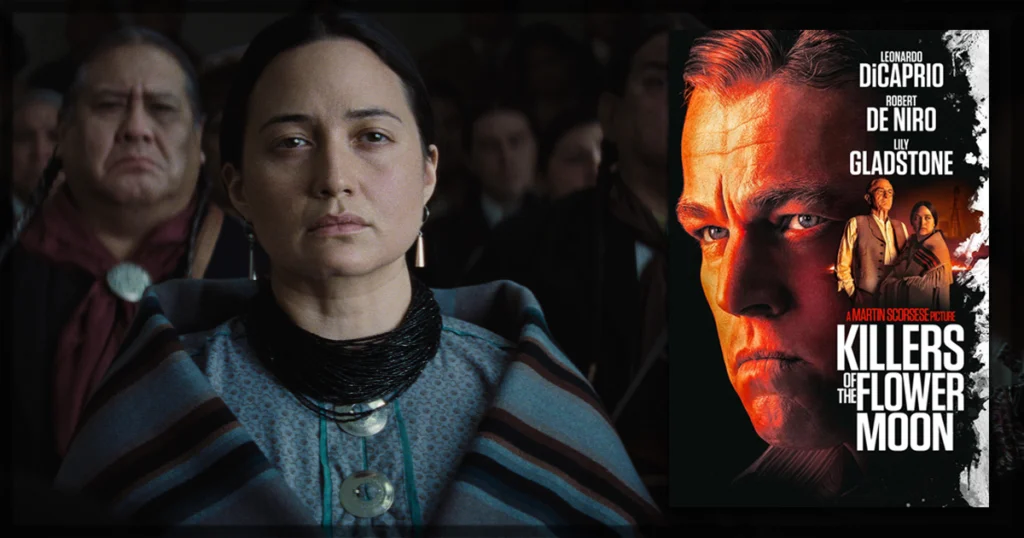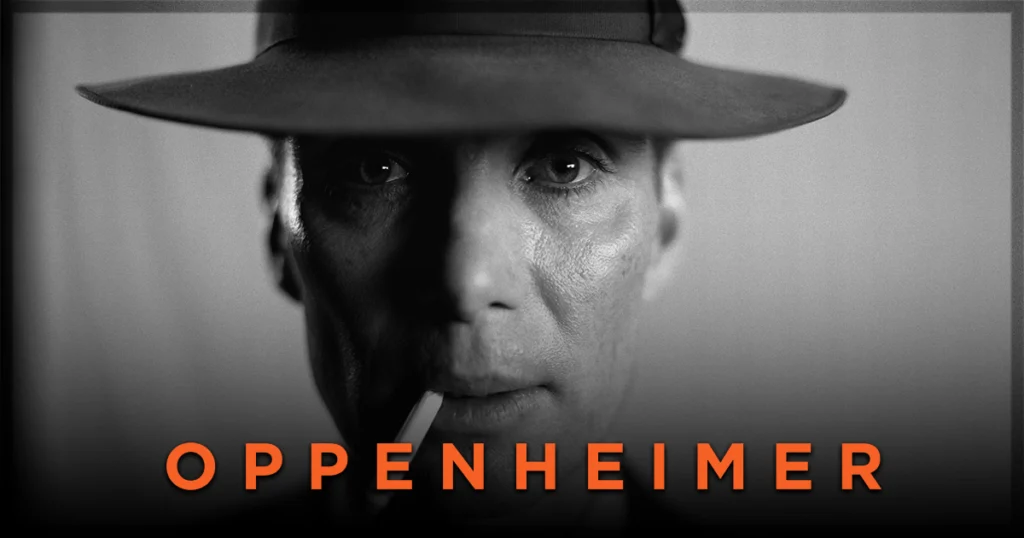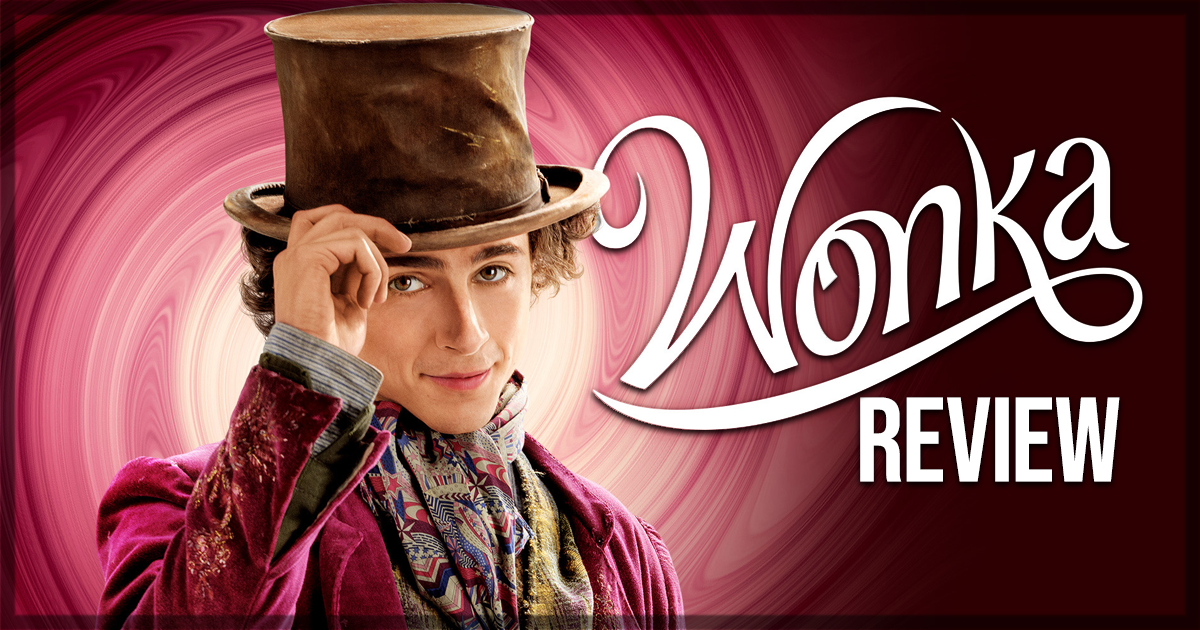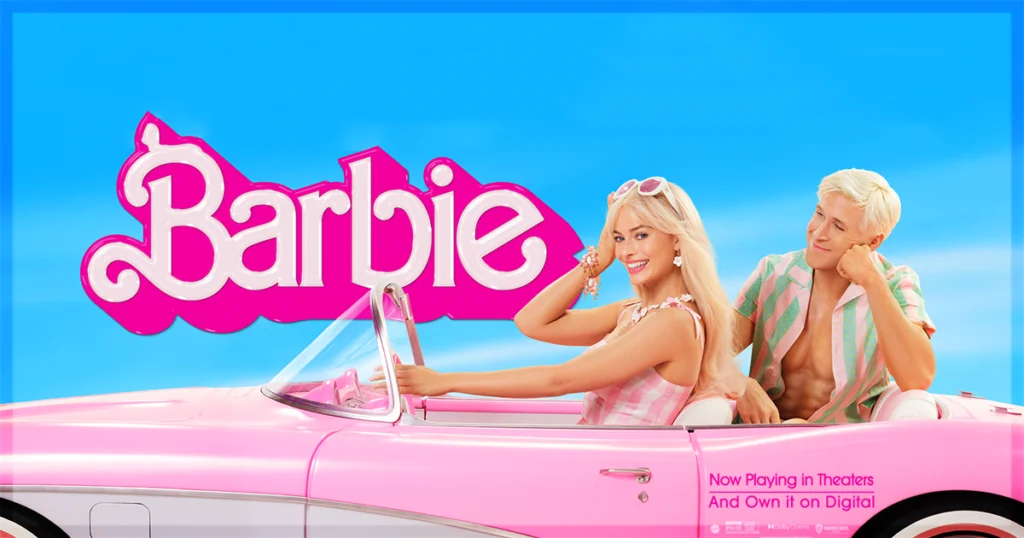The original Willy Wonka & The Chocolate Factory movie from 1971 was a bit of an anomaly. Sometimes, when a film’s elements come together in just the right time and place, it is something akin to lightning striking. This process cannot be predicted, duplicated, or repeated, at least not easily. The original Willy Wonka music, lyrics, tone, production design, Gene Wilder, the rest of the cast, and other elements came together at the perfect point to create a classic piece of cinema. A new prequel to the original film, Wonka, from Warner Brothers tells us how Willy (Timothée Chalamet) got his start in the world of the cutthroat chocolatier business
While this modernized approach to the Wonka “universe” was interesting enough to watch, it was ultimately far less creative than I would’ve hoped. The film took no chances to break out of the mold of mainstream big studio storytelling. Some elements of the premise were quite amusing, but the overarching story was flat, and some editing and pacing issues left me losing interest in the second act. Wonka shows some definite signs of life at times with one very delightful musical number and a fantastic sequence when he opens the doors to his shop, but these moments when the fun begins to pick up are short-lived and few and far between.
If you’re as big a fan of the original as my boys and I are, taper your expectations for the new film. You can have some fun with Wonka, but this Willy tries to recapture the original’s magic, but that’s just not something it could’ve ever hoped to do.
The story of Wonka
As the film opens, we see the sun appearing through a haze, the brightness growing until a cargo ship comes into view. The camera cruises up the hull of the boat and then along the deck, and as one of the funnels comes into view, right behind it, we see a young man named Willy (Timothée Chalamet) as he climbs up a mast and looks out over the seas. The first musical number, A Hatful Of Dreams, begins as he sings, “After seven years of life upon the ocean, it is time to bid the seven seas farewell.”
As they head into port and Willy prepares to disembark, we follow him around the boat as his song continues. He gathers his iconic velvet purple long coat, hat, cane, and a suitcase of chocolaty treasures that he’s gathered from across the globe and departs with his pay of twelve silver pieces. This chocolate magician is ready to take off on his own into the world and make his fortune selling his delectable treats to the masses. But between buying a map, paying for breaking a pumpkin, unsolicited kids that keep shining his shoes, and helping a poor woman, his twelve silver pieces are pretty soon down to zero.
Tom Davis and Olivia Colman as foes in the Wonka movie
Being in the precarious position of having no money and needing a place to stay, an unsavory fellow with terrible teeth called Bleacher (Tom Davis) spots him setting up shop for the night on a park bench. He offers Willy a place to stay at an inn of sorts run by Mrs. Scrubitt (Olivia Colman), whose demeanor and the uncouth oral hygienic situation is only matched by Bleacher’s. She pulls out an extremely long contract for Willy to sign, with the deal that he’s allowed to stay the night as long as he returns with a piece of silver by five o’clock the following day.
The next day, as Willy sets out into the town square surrounded by chocolatier shops, he begins speaking to the crowd after pulling out a bar of chocolate his mother made him and remembering her. “Ladies and gentlemen,” he begins, but after just a few introductory comments, he produces a glass jar from his hat that’s longer than his hat is.
As the chocolates are made with the help of some kind of fly, they begin to levitate from the jar and float around the heads of the crowd gathered as Willy breaks into the Wonka’s first rendition of You’ve Never Had Chocolate Like This. This delightful number is the first sign of life that there may be a little magic in store for lovers of the original film. Alas, the magic is short-lived as the song is interrupted by the head of the chocolate cartel, Slugworth (Paterson Joseph), who presents himself as an opponent to all of Willy’s chocolate-enterprising dreams.
The police intervene, and the Chief (Keegan-Michael Key) breaks up the crowd and relives Willy of all the silver coins he’s been able to earn up to that point, although upon Willy’s plea, he leaves him one coin to pay Mrs. Scrubitt. After returning to pay her, she unveils the contract that Willy unwittingly signed in which he agreed to pay, in addition to the single silver piece, thousands of other silver pieces for various fees attached to his stay. Bleacher and Mrs. Scrubitt have him basically enslaved at this point, along with some other tenants.
Willy has his work cut out to outwit the dim-witted Scrubitt and beat the chocolate cartel. As he makes new friends along the way and the screenwriter’s plot tries to keep us guessing, I kept waiting for Wonka to tap into the adventure, sense of wonder, and fun the book is beloved for. Unfortunately, that’s a sentiment I’m still waiting for.
Where Wonka Went Wrong
To start my critique of the film, I will begin with the key ingredient that made the original so beloved: Gene Wilder. Wilder brought something to this character that Chalamet simply doesn’t have. It’s an almost indescribable quality that lies somewhere between funny and crazy. And the Johnny Depp Wonka, we don’t talk about that version around these parts.
Needless to say, Chalamet is likable, and you might even say serviceable in the role of Willy Wonka, but he ultimately lacks what Wilder brought to the original, but to be fair to Chalamet, most actors do. Another reason the original was head and shoulders above this new version was the musical numbers, The Candy Man, Golden Ticket, and Pure Imagination are just dynamite songs, not to mention iconic. A few of the numbers were entertaining, but I will say Chalamet’s You’ve Never Had Chocolate Like This was thoroughly enjoyable, and I almost got a taste, if you will, of the original’s magic.
Paul King does the best that he can with the Wonka movie story
The lone Oompa Loompa, played by the computer-generated orange-colored Hugh Grant in Wonka, was much of the same, mostly fine with a couple of bright spots. But the original’s use of individuals with dwarfism and their recurring Oompa Loompa songs were so charming and added so much character to the film. The direction from Paul King, the man behind both the Paddington movies, was a good choice for this story and he did what he could for it, but he also stayed in a very predictable and mostly lighthearted lane, which keeps Wonka more kid-friendly.
However, the original strays into some very dark, disturbing, and almost not kid-friendly moments, forcing viewers to stay on their toes. The humor in Wonka was also used extremely sparingly and while the original wasn’t exactly a laugh fest, this one didn’t really even make decent attempts to be funny. Some recurring bits, like one between Olivia Coleman and Tom Davis turning her on, did nothing for me. While it may be a bit unfair to make so many comparisons to the original, and I should be judging the new film just on its own merit, it’s terribly difficult not to see what a good version of a Willy Wonka film looks like. Sadly, I doubt I’ll be excited to return to this world of Wonka anytime soon.
Final thoughts on Wonka
This film set out to accomplish the impossible, and I have to give it props for where it did manage to make me have fun at times. Kids and general audiences will likely respond better to Wonka than those who approach it with a critical eye. But with Wonka, Chalamet, and co. ultimately couldn’t deliver anything as satisfying or sweet as what the original Chocolate Factory we grew up loving could make.
Wonka is now streaming.
Have you watched Wonka yet? What did you think? Connect with us on social media at X @MoviesWeTexted to share your thoughts.
Note: This review was originally published in 2023. It is part of our 96th Academy Awards series.
You might also like…

‘Killers of the Flower Moon’ Movie Review
‘Barbie’ Movie Review



